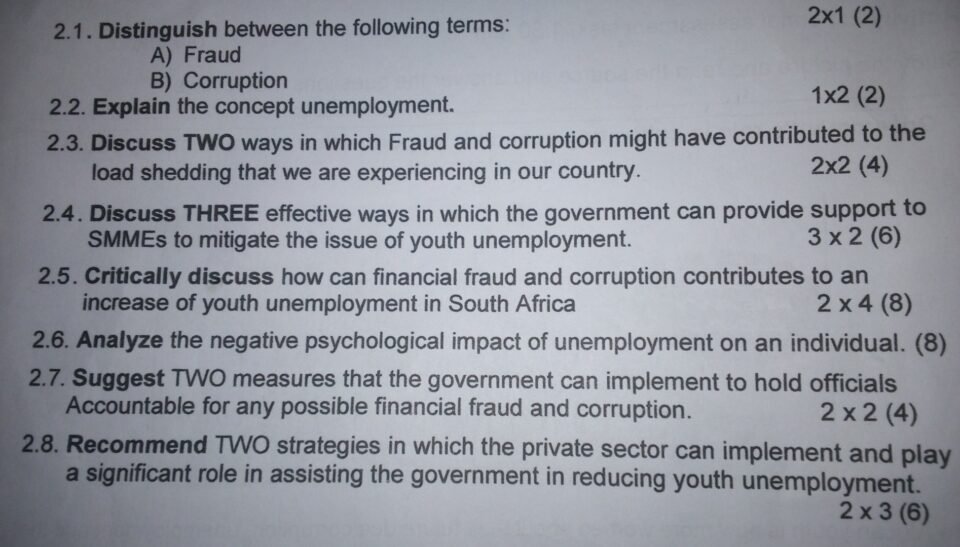The rise in cybercrime and financial fraud among young Nigerians is being attributed to systemic policy failures and a lack of viable economic opportunities, according to youth development advocate Elisha Maman. Speaking at a summit in Kaduna, Maman highlighted that the increasing crime rates among the youth are symptoms of inadequate economic planning, a failing education system, and neglect of enterprise development. He emphasized that unemployment and frustration among millions of young people have created fertile ground for criminal activities.
Maman, who left formal employment to focus on youth mentoring, pointed out that many young people are drawn to internet fraud and Ponzi schemes due to the absence of effective governance. He criticized the country’s emphasis on formal degrees, stating that universities produce graduates who lack practical skills needed in today’s job market. Maman urged parents, educators, and faith leaders to incorporate financial education into youth programs to prevent susceptibility to fraud.
He argued that addressing youth-driven crime requires inclusion rather than policing, advocating for real education, mentoring, and access to capital. Ambassador Ugbenyo Josiah, an HR consultant, echoed these sentiments, stressing the importance of preparing young Nigerians for high-demand global skills and job readiness. Josiah noted that many remain unemployed due to a lack of direction and mentorship, despite available opportunities.
Maman’s Winning Mindset Initiative has conducted over 60 self-funded conferences, impacting thousands of youths in Northern Nigeria by focusing on mentorship and skill development. He called on the government to collaborate with grassroots organizations making tangible impacts, rather than investing in ineffective programs.


